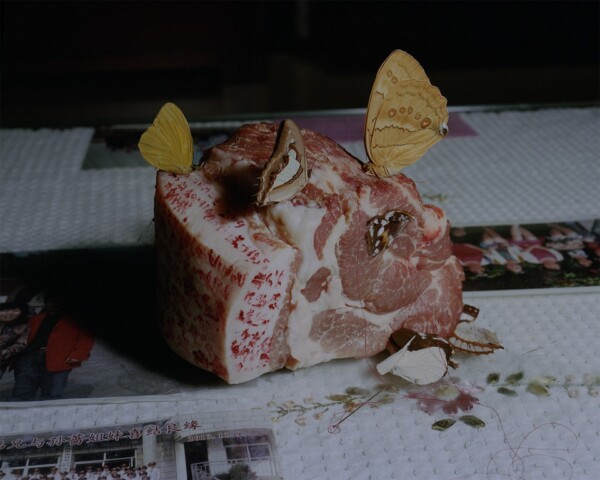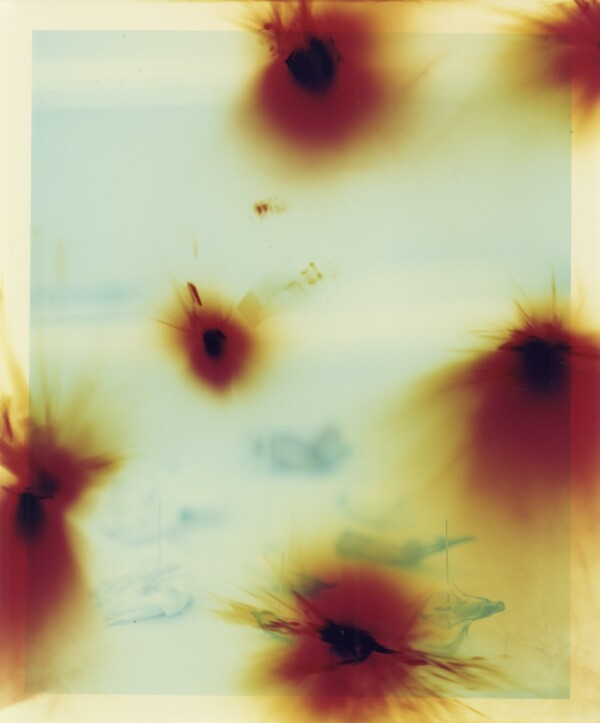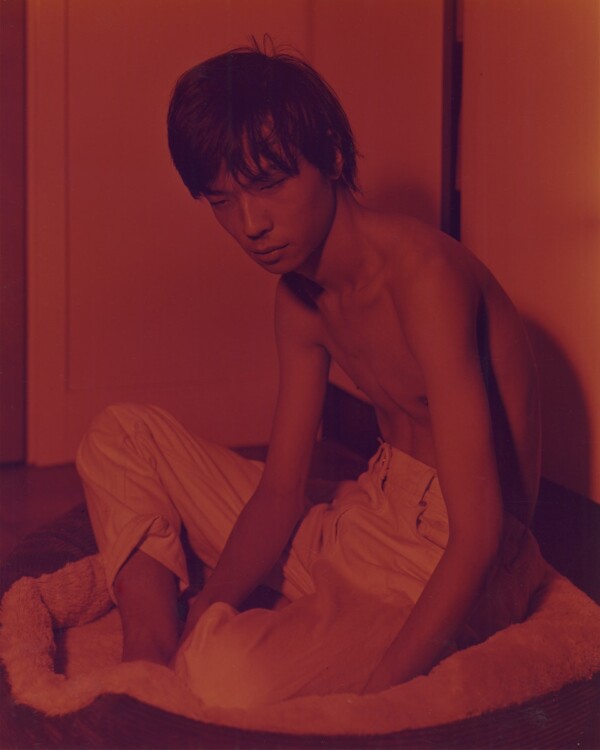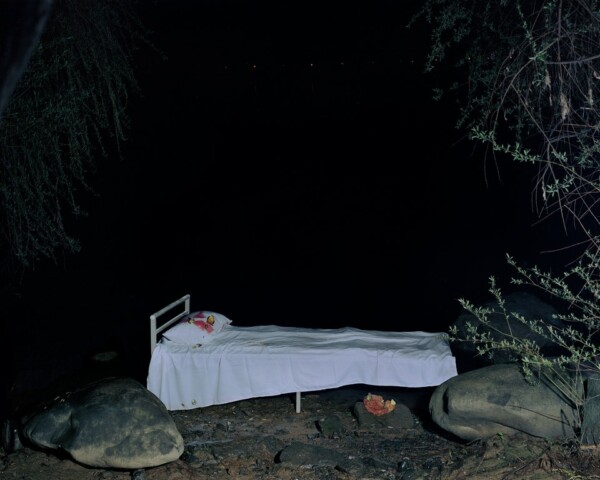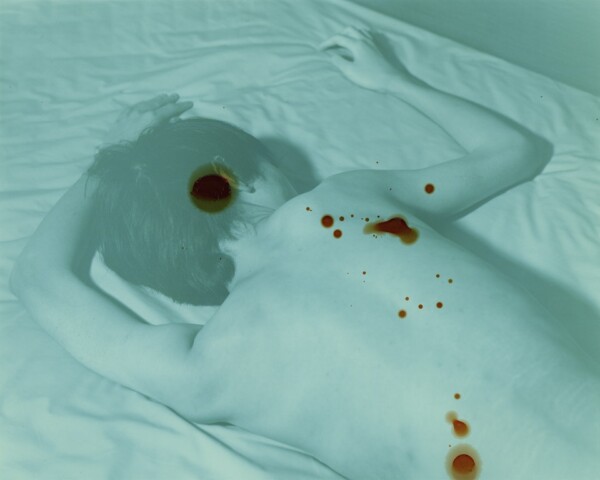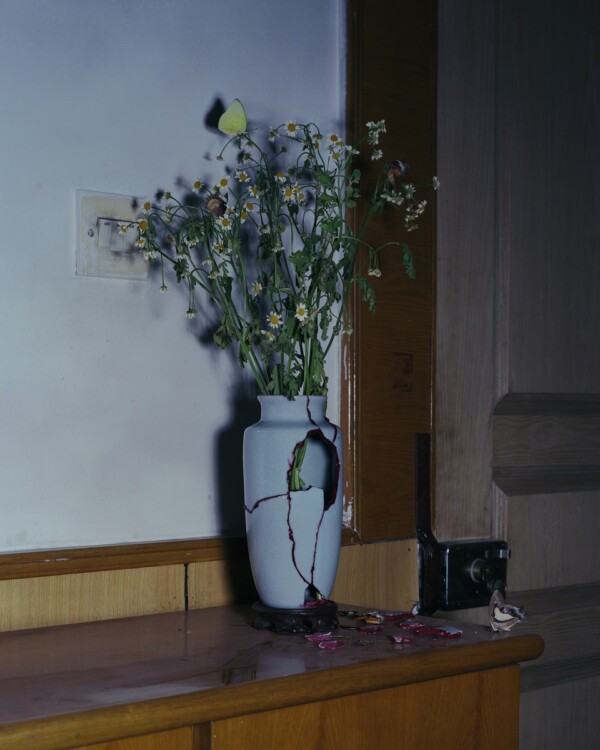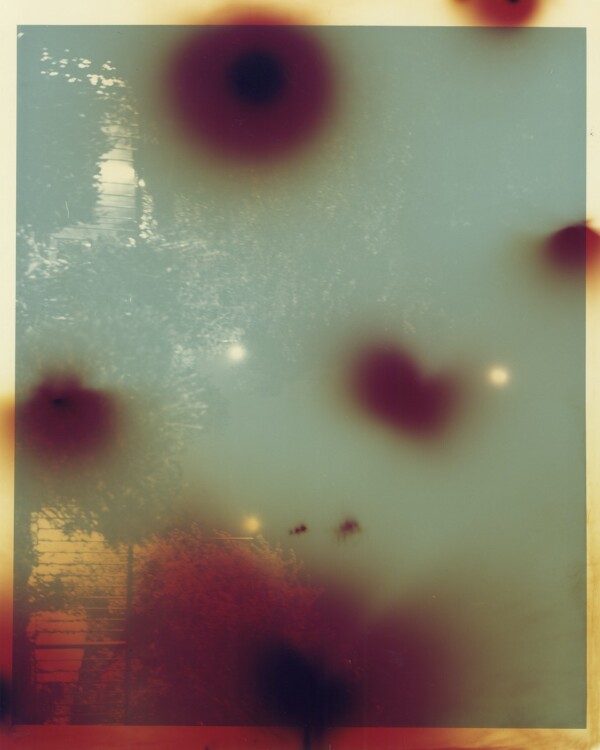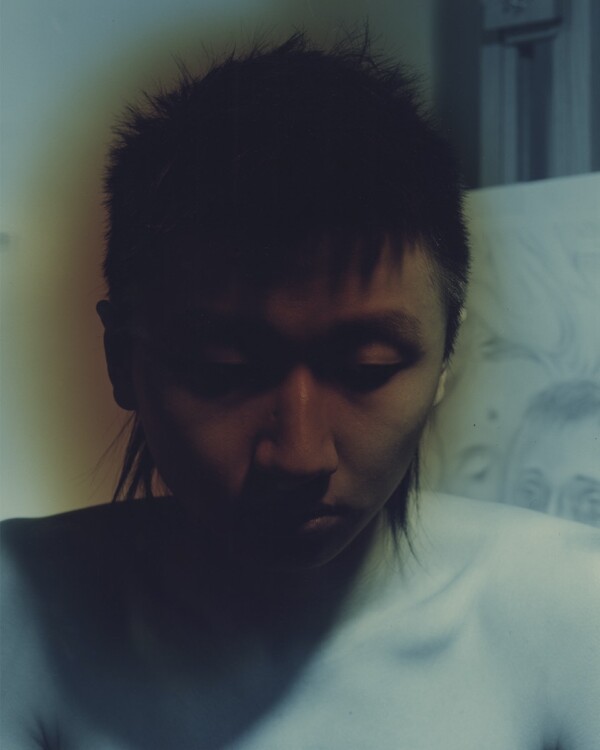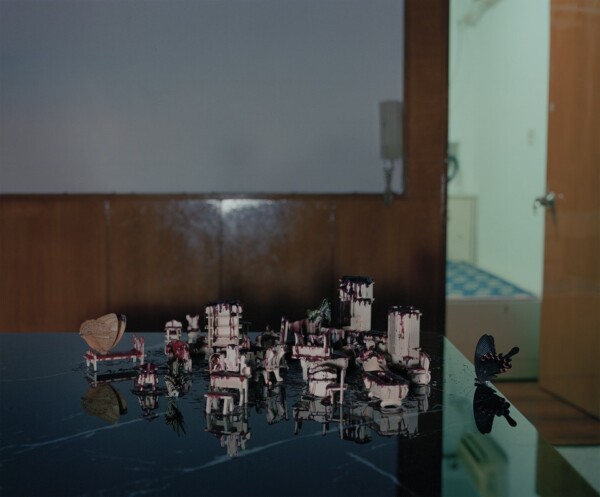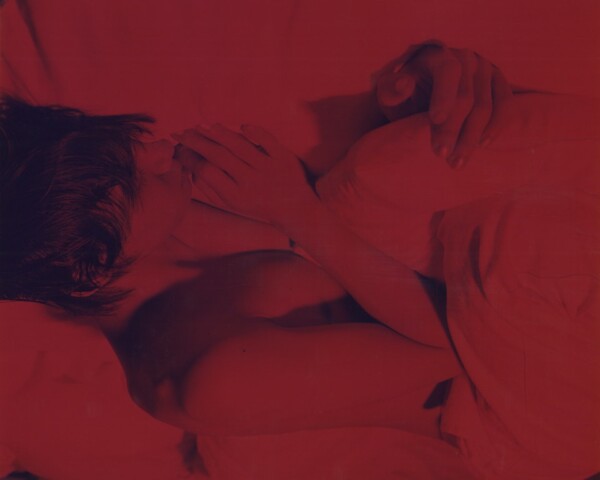Growing in a conservative Chinese family with the Christian faith, thinking about the relationship between love and punishment became the main subject in my practice in this project. While I was exploring the visual method to convey the asphyxial intimate relationship, the Shi-shōsetsu, a Japanese literary genre, influenced me at that time. I try to seek the deeper layer of “being a queer in China”; meanwhile, I was also absorbed in the reflection of another “myself” in the shadow of other “queer models.”
“There isn’t any other origin for beauty than that of a wound, singular, different for each, hidden or visible, that all mankind keeps within itself, that it preserves and to which it retires when it wishes to leave the world for temporary but profound solitude.(Jean Genet, 2003)”
“If Spring Could Feel Ache”, the project I started in 2019, talked about the masculinity in Chinese adolescent queer groups juxtaposed with a retrospective thinking towards the belongingness of queer identity. The works were also meant to respond to the contemporary Chinese queer group on the tache connecting the collective traumas and individual identity. From my perspective, utilizing an allegorical and metaphorical method to translate reality is a way to resist photography becoming an index towards reality. Then, those stages I made also become a resonant voice of my portraits. The ambiguity in-between domestic identity and national destiny in my directed scene relate to the other introspective portraits, which also talk about the ambiguous masculinity of teen Chinese queers.
As the quote in the beginning, Jean Genet mentioned how traumas constructed the realm of oneself and became the sanctuary of an immaterial world. Traumas, as a psychic trace of mind, also had been digested to become the testimonies and fragments of identity in my work. Like Sontag used to say that a photograph was a piece of time, trauma somehow was a piece of personal or collective belongingness.

